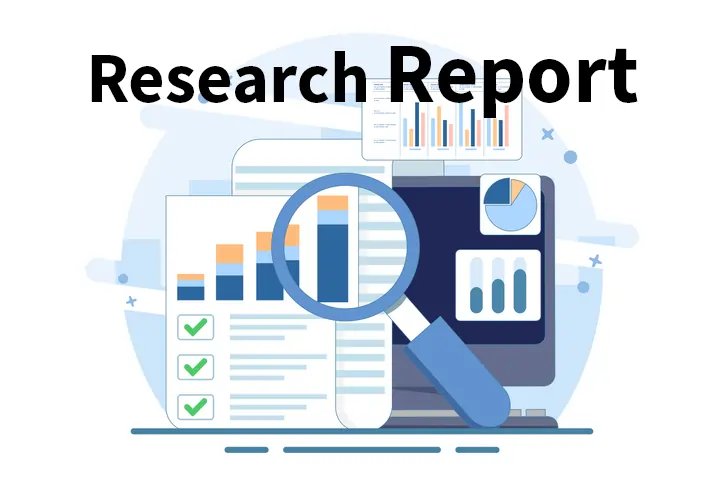Top Stories
Key to African Water and Sanitation Access Lies in Completing Transition to Country-Led Service Delivery
Published by Gbaf News
Posted on August 26, 2011
1 min readLast updated: January 22, 2026

Published by Gbaf News
Posted on August 26, 2011
1 min readLast updated: January 22, 2026

Explore more articles in the Top Stories category











